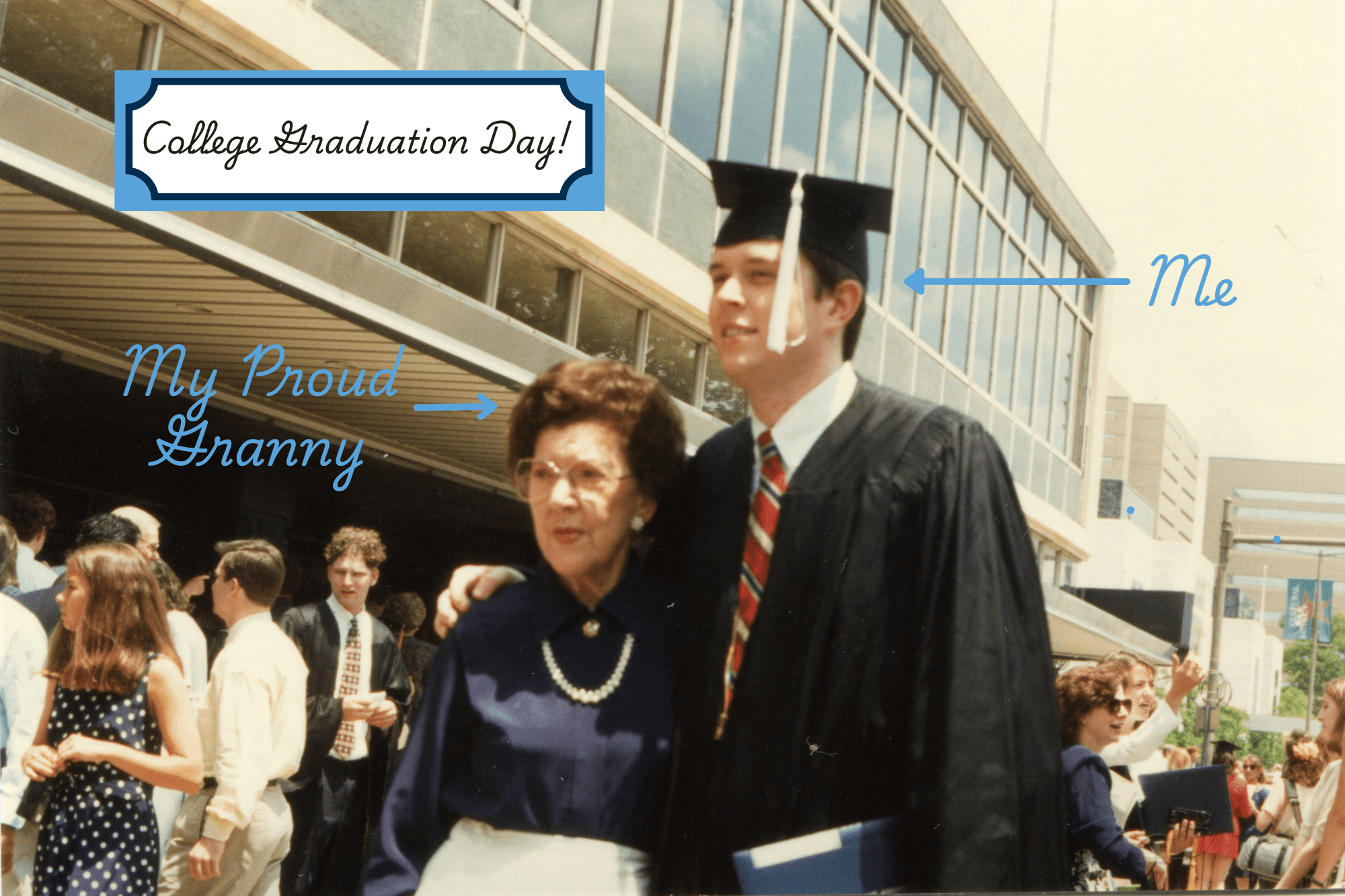How Colleges are Teaming with Companies to Boost Employment Opportunities
In today’s competitive job market, colleges and universities are increasingly recognizing the importance of forming strategic partnerships with companies to enhance employment opportunities for their students. These collaborations not only provide students with valuable real-world experience but also help bridge the gap between academia and industry needs. By teaming up with businesses, educational institutions can better prepare their graduates for the workforce, ensuring that they possess the skills and knowledge required to succeed in their chosen careers.
Internships and Co-Ops
One of the most significant benefits of these partnerships is the creation of internship and co-op programs. These initiatives allow students to gain hands-on experience in their field of study, making them more attractive to potential employers. Internships and co-ops provide students with the opportunity to apply what they have learned in the classroom to real-world situations, develop professional networks, and gain insights into their chosen industries. For companies, these programs serve as a pipeline for identifying and recruiting talented individuals who have already demonstrated their capabilities.
For example, Northeastern University has long been a leader in integrating cooperative education into its curriculum. Through its co-op program, students alternate between periods of academic study and full-time employment in positions related to their major. This approach not only enhances students’ learning experiences but also significantly improves their employability upon graduation. Companies that participate in the program, including online furniture retailer Wayfare and national security consultancy Morse Corp., benefit from having access to a steady stream of well-prepared, motivated students who can contribute to their workforce.
Another successful model is found at Purdue University, which has established partnerships with numerous companies to provide students with experiential learning opportunities. Through its “Purdue Pathmaker Internship Program,” the university collaborates with businesses to offer paid internships that are closely aligned with students’ academic programs. This initiative not only helps students build their resumes and gain valuable skills but also allows companies to evaluate potential future employees in a real-world setting.
Curriculum and Training Programs
In addition to internships and co-ops, colleges and universities are also partnering with companies to develop curriculum and training programs that are tailored to the needs of specific industries. By working closely with employers, educational institutions can ensure that their programs remain relevant and up-to-date, providing students with the skills and knowledge that are in demand.
A prime example of this type of collaboration is found at the Georgia Institute of Technology, which has partnered with Atlanta-based enterprise organizations such as AT&T, Delta Air Lines, and The Coca-Cola Company to create specialized training programs. These initiatives are designed to address the specific needs of these companies, ensuring that students are equipped with the skills required to succeed in their respective industries. By aligning their curriculum with industry needs, Georgia Tech helps its graduates stand out in a competitive job market.
Research Projects
Collaborative research between universities and corporations dates back to the late 1800s and continues to be a major opportunity for students to work on cutting-edge technologies.. These research partnerships not only enhance students’ learning experiences but also contribute to the advancement of knowledge and technology in various fields. They also provide significant funding for schools, representing about 7% of total research dollars according to one study.
At the Massachusetts Institute of Technology (MIT), for example, students have the opportunity to work on research projects funded by industry partners such as Boeing, Google, and Intel. These collaborations provide students with access to state-of-the-art facilities and resources, as well as the chance to work alongside leading experts in their fields. By participating in these research projects, students gain valuable experience and insights that can significantly enhance their employability.
Remote Recruiting
Colleges and universities are increasingly leveraging technology to facilitate partnerships with companies and enhance employment opportunities for their students. Online platforms and virtual career fairs have become essential tools for connecting students with potential employers, especially in the wake of the COVID-19 pandemic. These digital solutions provide students with access to a wider range of opportunities, regardless of their geographic location, and allow companies to reach a more diverse pool of candidates.
For instance, Handshake is an online platform that connects college students with “100% of Fortune 100 companies” and other employers by offering job postings, virtual career fairs, and networking opportunities. Many colleges and universities have adopted Handshake as part of their career services, enabling students to explore job and internship opportunities, connect with employers, and receive personalized career guidance.
The partnerships between colleges and companies are proving to be mutually beneficial, providing students with valuable real-world experience, enhancing their employability, and ensuring that educational programs remain relevant to industry needs. By continuing to foster these collaborations, colleges and universities can better prepare their graduates for success in the workforce, while companies can benefit from a pipeline of well-prepared, skilled candidates. As the job market continues to evolve, these partnerships will play an increasingly important role in bridging the gap between academia and industry, ultimately benefiting students, employers, and society as a whole.




